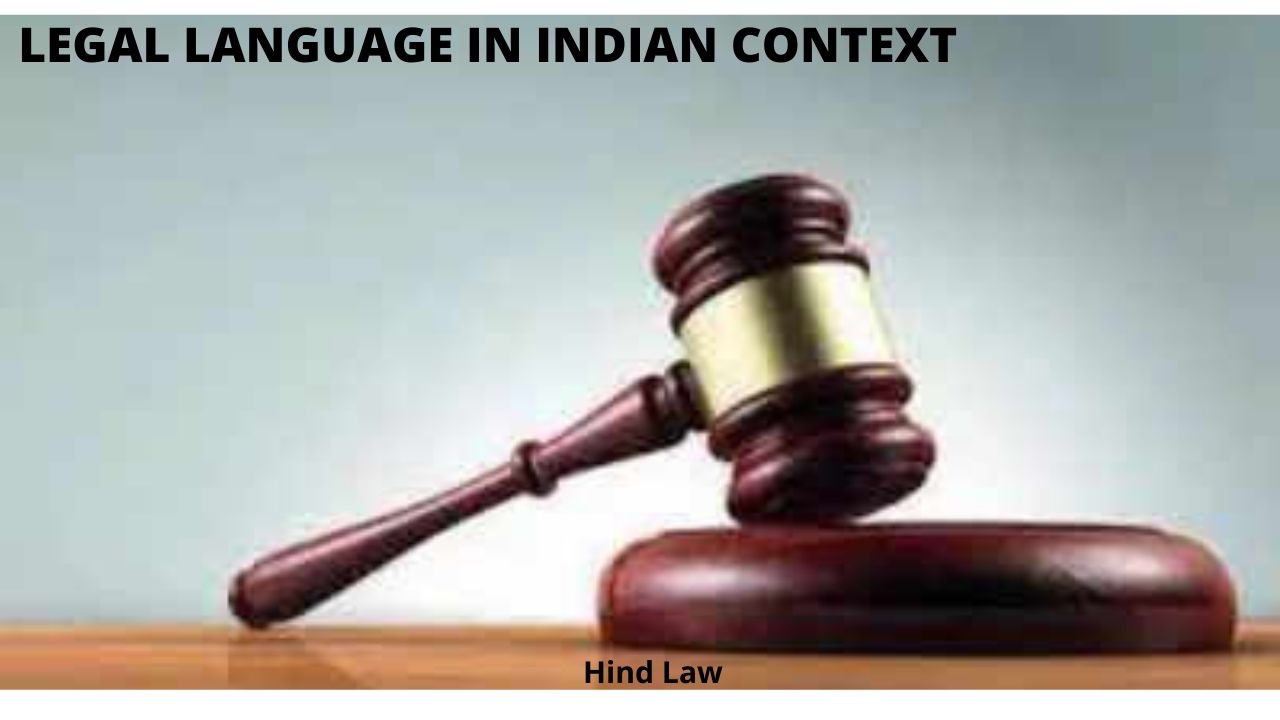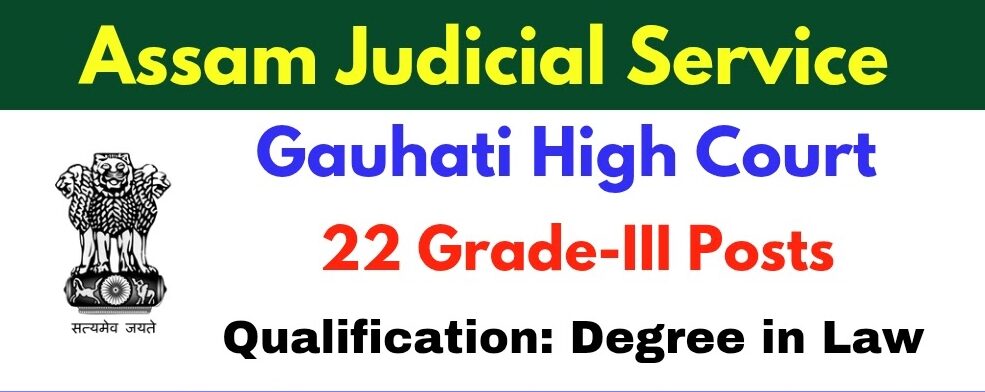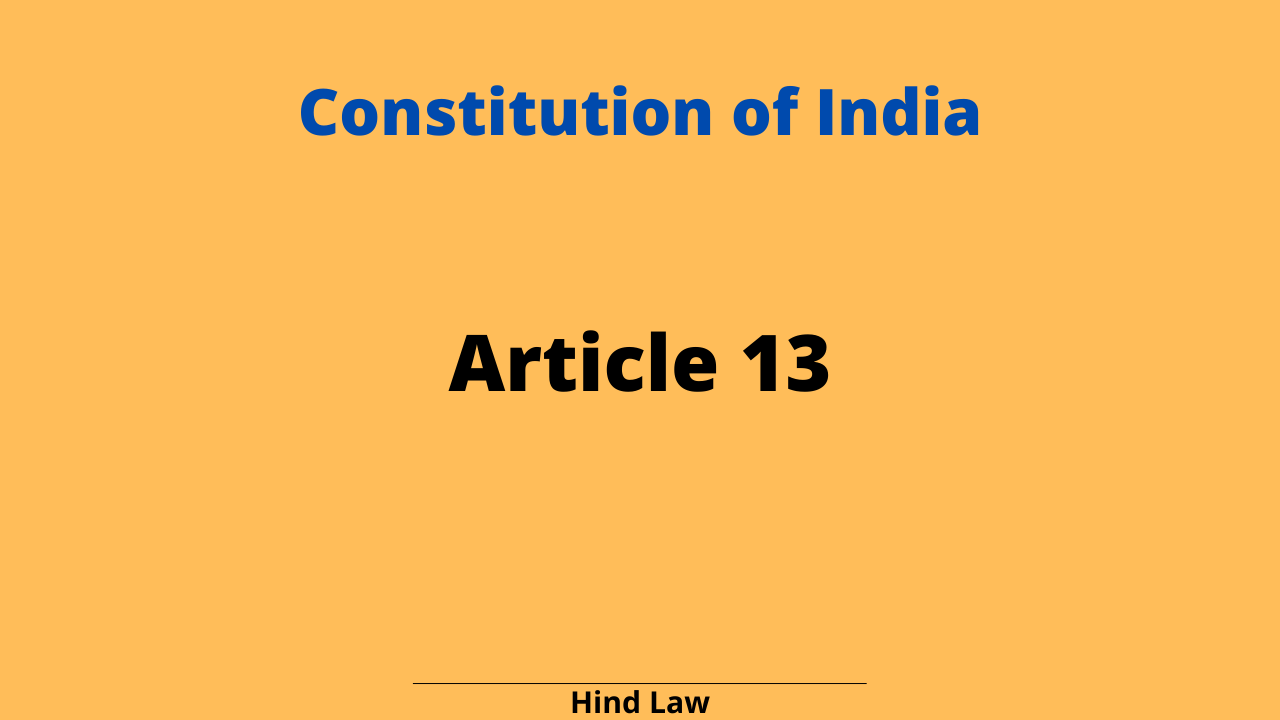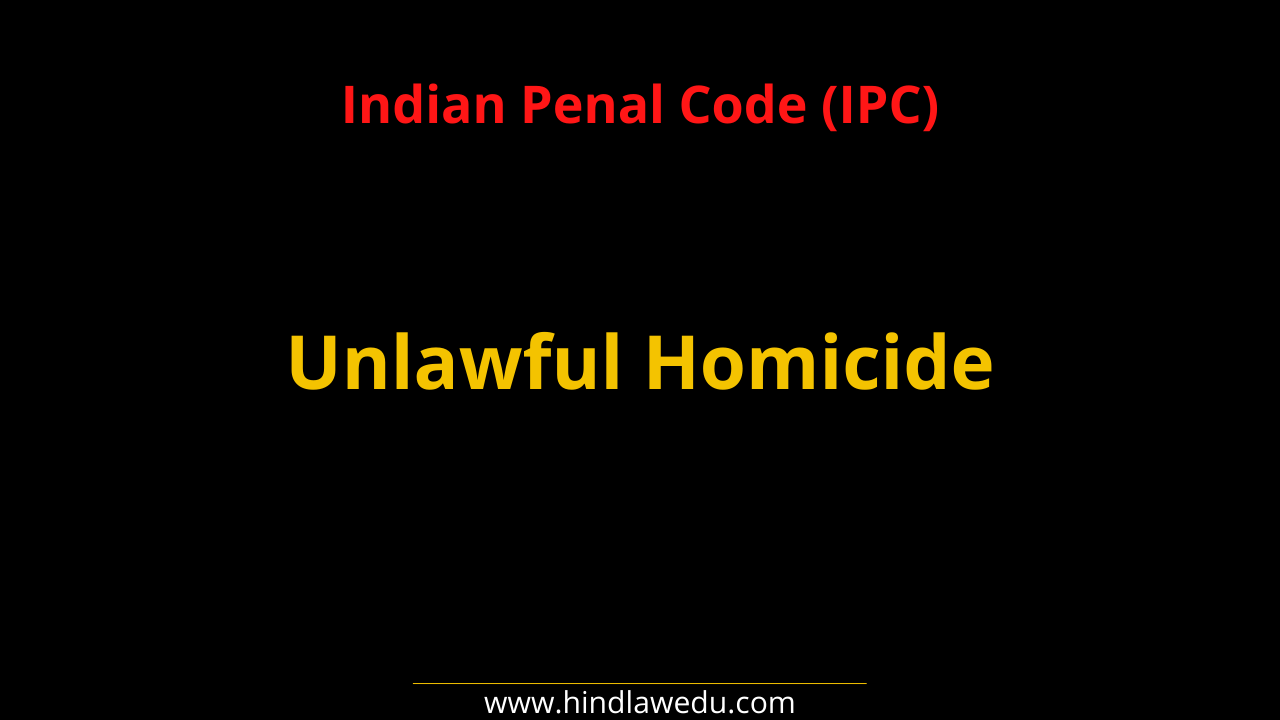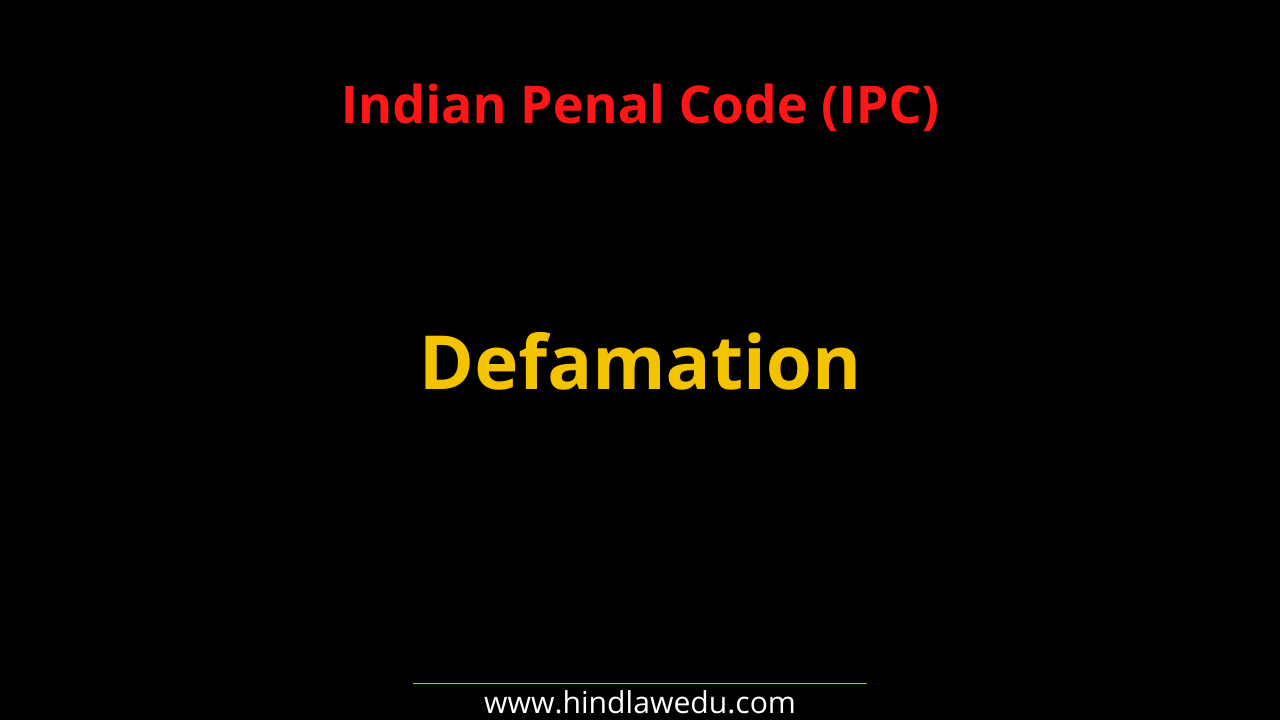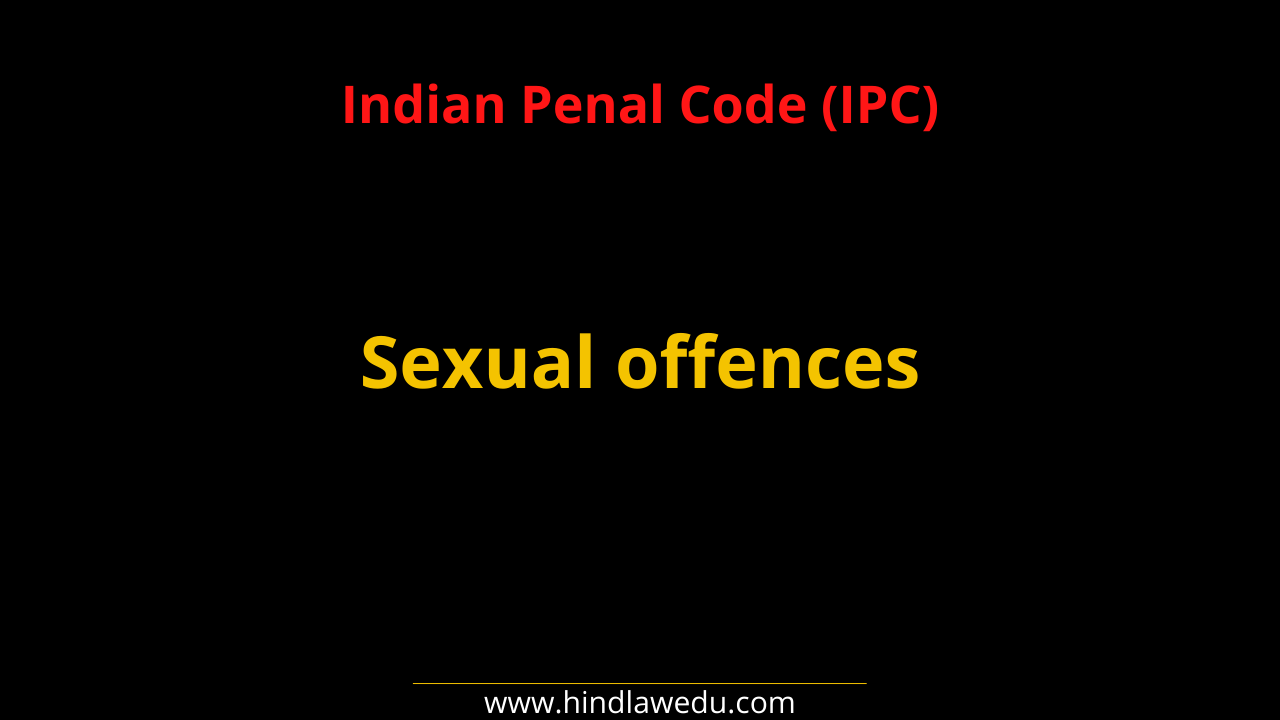Under Chapter 5, Section 107 of the IPC, 1860 deals with offences relating to abetment. Abetment means the action of instigating, encouraging or promoting an individual into committing an offence. It can also mean providing aid to the offender while he is committing a crime.
When more than one person commits an offence, each person’s involvement in it may vary. This variation may be either in the manner or in the degree to which the involvement occurs.
Such as, one person may bring a gun and hand it over to another who may shoot somebody with it. The 1st one is guilty of abetment, while the 2nd person is guilty of committing Murder.
Abetment takes place when a person abets i.e. help or support the doing of some criminal act by:
(1) instigating a person to do that thing,
(2) engaging with another person/persons in a conspiracy to do that thing,
(3) intentionally aiding a person to do that thing.
If any of these requirements exists, the offence of abetment is complete. In some cases, all the given three circumstances may be applicable in a single offence.
Abetment by Instigation
Instigation basically means suggesting, encouraging a person to do or not to do something. Instigation may take place either directly or indirectly, by written or oral words, or even by gestures and hints.
Instigation may happen even by:
(a) wilful misrepresentation, OR
(b) willful concealment of a material fact which a person is bound to disclose.
For example, if a court directs X, a police officer, to arrest Y under an arrest warrant. W informs X that Z is Y despite knowing that he is not. Under this misrepresentation, X ends up arresting Z instead of Y. In this case, W is guilty of abetting X in wrongfully apprehending Z.
Abetment by Conspiracy
Conspiracy basically means an agreement between two or more persons to commit an unlawful act. Merely intending to commit an offence is not sufficient for this purpose.
Thus, the conspirators must actively agree and prepare themselves to commit that offence, it becomes a conspiracy. Also, the act which the conspirators conspire to commit must be illegal.
For example, in dowry death cases, the in-laws of the victim are often guilty of abetment by conspiracy. They may do so by constantly taunting, torturing or instigating the victim.
- husband/any relative can be held liable as an abettor for instigating his wife to commit suicide.
- The relative of the husband/any person can be held liable for instigating her husband to kill her.
Abetment by Aiding
The third manner in which abetment may take place is by intentionally aiding the offender in committing that offence. This generally happens when the abettor himself helps in committing it. The intention to aid the offender is very vital.
For example, merely giving food or clothing to an alleged offender may not be punishable. But giving him food, clothing and shelter to help him hide from the police or commit a crime is punishable.
Also Read:
General Explanations under the IPC (Section 6-52A)
Offences against property under IPC (Simplified)
Cruelty to married woman under IPC – Short note

